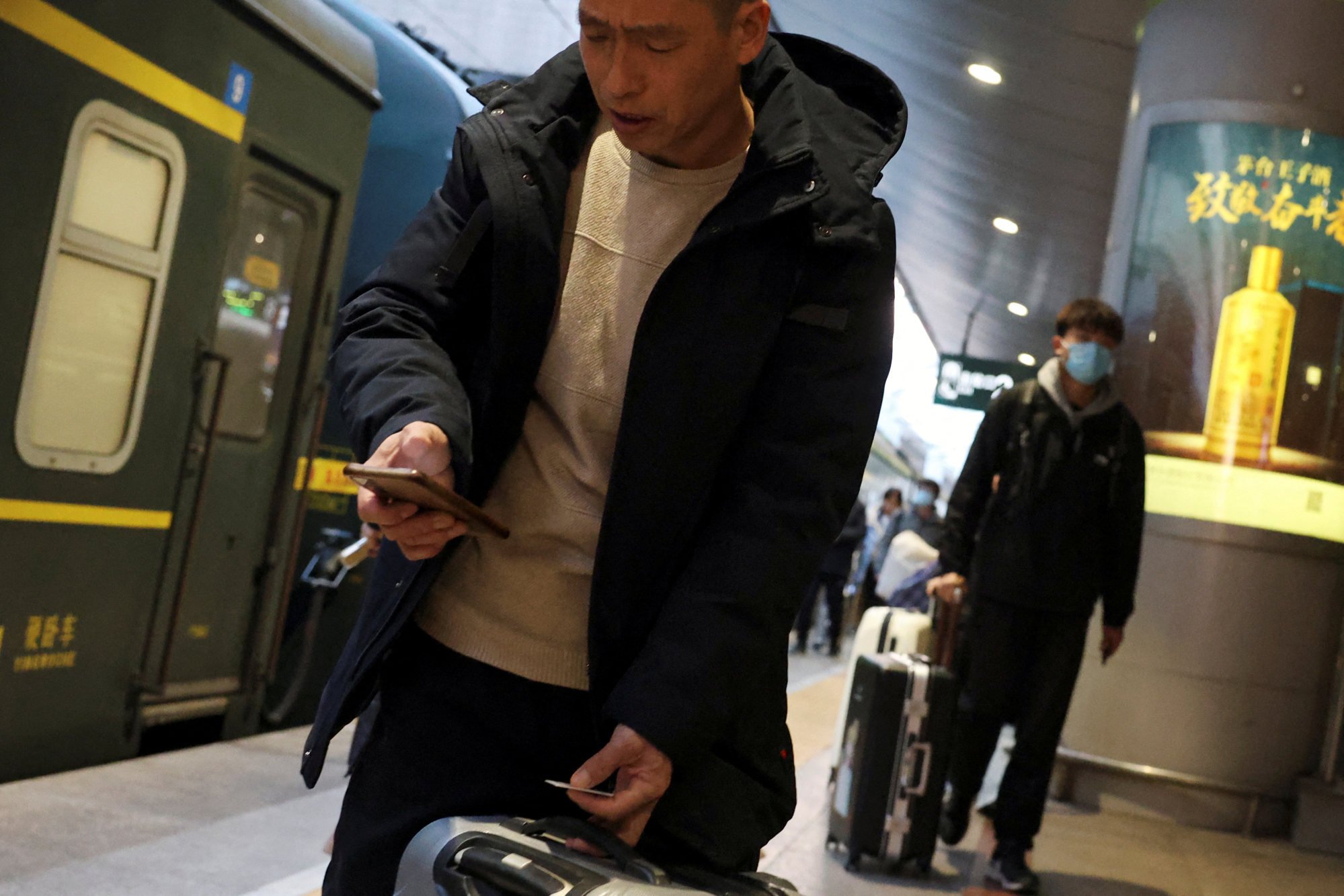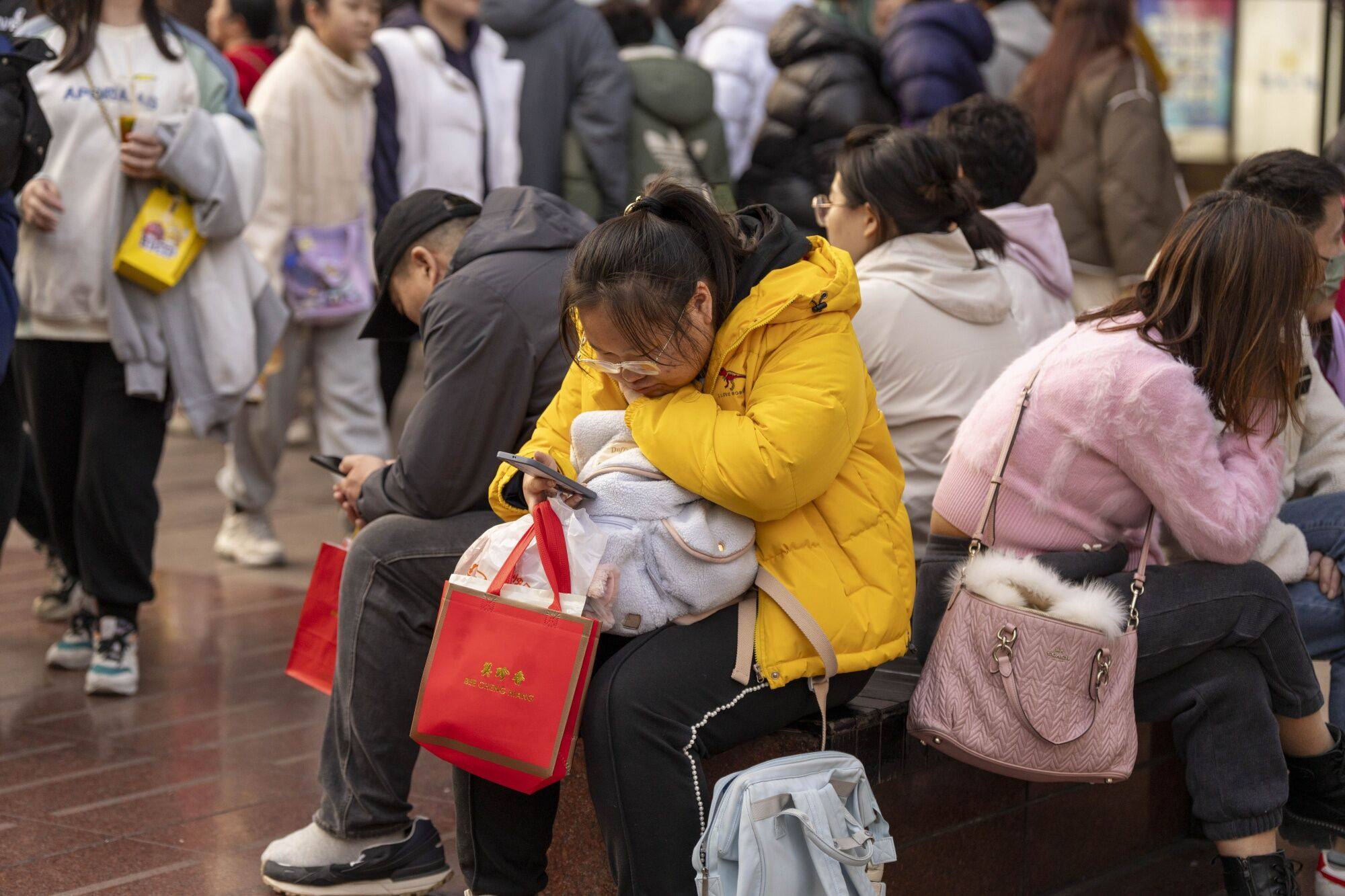
China should beware of the cost of creating a digital gap from the rest of the world
- Foreigners having trouble making mobile payments in China is just a trivial issue when it comes to the cost of its walled internet
- A digital gap can hurt global perception of China’s economic policy, the international expansion of its tech giants, and the nation’s AI progress
The problem can be fixed by technical improvements. In fact, major mobile payment service providers in China, including Ant Group and Tencent Holdings, have already taken steps to make it easier for foreign visitors to pay in the country.
(Ant Group is an affiliate of Alibaba Group Holding, owner of the Post.)
But the bigger issue in China is the desire to develop a walled online world, and the difficulty for foreigners to make payments is just one of the smaller negative consequences.

China has created an exuberant and unique digital world with tightly restricted access to the outside world. Most Chinese online services adhere to the state’s real-name registration requirement, making it a headache for visitors who have no Chinese identity cards or local phone numbers.
China’s digital gap with the rest of the world is widening.
Behind the Great Firewall, the country is forbidden territory for some of the world’s most popular apps, including Facebook, Google Maps, X, WhatsApp and Netflix. The moment a foreign traveller steps into China, they are temporarily cut off from their familiar internet experience.
Meanwhile, many of the most popular apps in China are not widely used, or even usable, outside the country.
While it has become a trend for nations to seek to exert their control over foreign apps – the political headwinds faced by TikTok in the US is just one example – it appears that China is willing to push the envelope.
In recent years, China’s efforts have gone from limiting access to targeted information sources to completely separating digital spheres by focusing on data.
The cyberspace administration tried last year to demand reviews of general “cross-border data flows”, and the originally proposed regulation was so heavy-handed that authorities had to walk back some requirements to avoid killing normal business activities.

Many people have praised China’s internet management model because it has made the web “controllable” and “manageable”. But China needs to be aware of the costs and risks of running a separated cyberspace.
The immediate cost is perception: China’s walled internet is at odds with Beijing’s stated goal of maintaining an open economy. It is a tough job to convince people that the country is further opening up when access to the world’s most common apps are restricted.
Also, China’s pursuit of a separated internet may have served the country well when its domestic apps were at a developing stage. But it could backfire when Chinese tech giants are trying to venture abroad.
Chinese companies are forced to create different versions of their services for their home country and the international market, and it is quite sad to see some Chinese shopping apps trying hard to get rid of the “China” label overseas.

One strategic concern for China to consider is that, while a man-made digital gap can be a line of protection, it can also be a hurdle to progress, particularly when China still has more to learn from other countries than they need to learn from China.
It is disheartening to see that many new generative artificial intelligence (AI) services are not open to users in mainland China or even Hong Kong. That might be good news for domestic AI players in the short run because of less competition, but the long-term implications for China’s technological progress are clearly unfavourable.
The purpose of China’s internet policy is to maximise economic growth and enhance social management while minimising the risks. In practice, however, it is easy to fall into the trap of regarding everything as risky and in need of defence through a gap or a wall.
Such designs come with a heavy price down the road. Compared to that, the payment issue is a trivial matter.
(Ant Group is an affiliate of Alibaba Group Holding, owner of the Post.)

